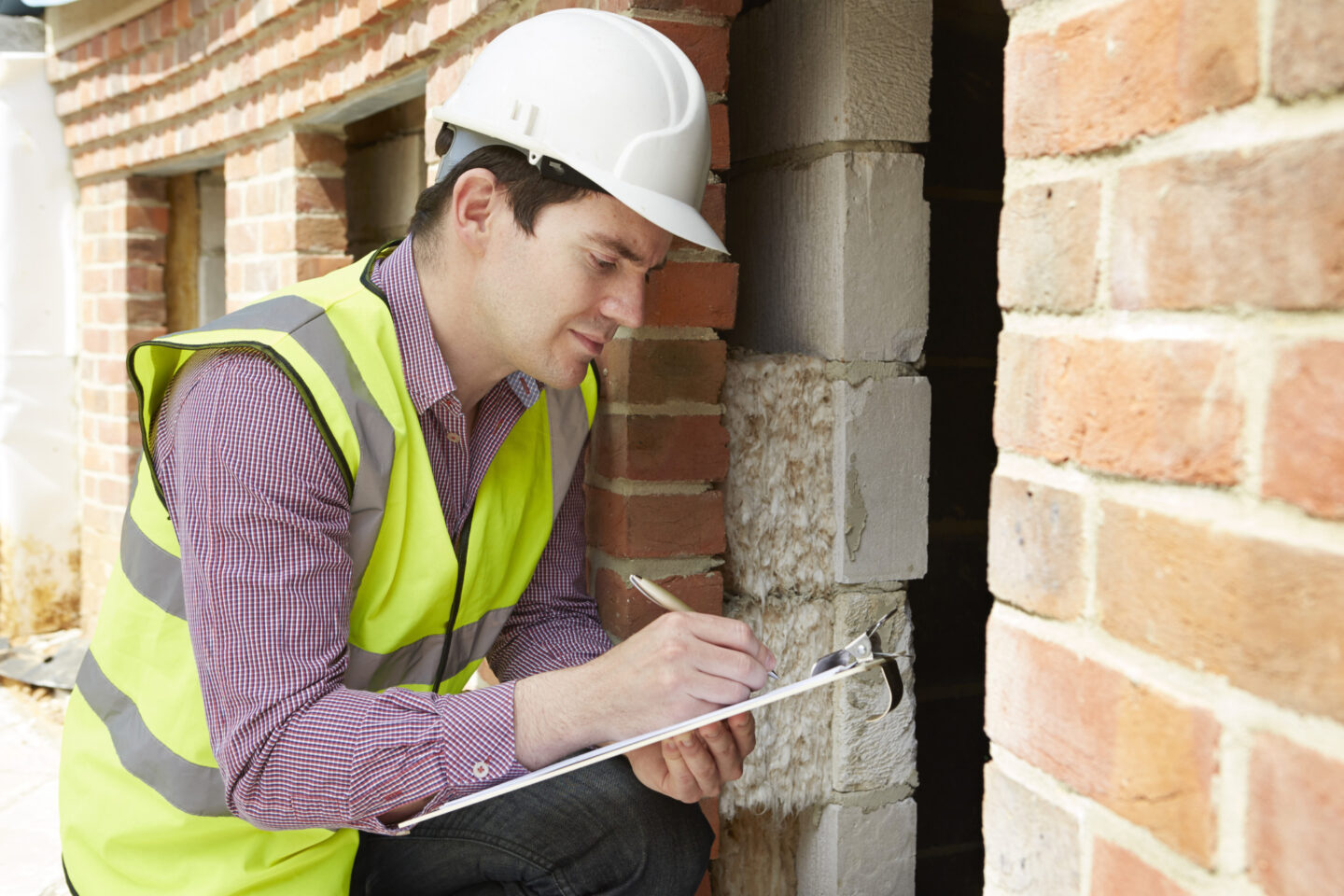How to Prepare for a Home Inspection
A pre-inspection gives you a heads up on what a buyer will likely discover, and a head start on identifying what to fix and update.


Written by Tali Bendzak on October 27, 2025
When preparing your home for sale, one essential step in the home-selling process is the home inspection. When you're selling a house, the inspection report can be a huge factor in your sale's success. Twenty-three percent of buyer offers that fall through are due to a failed home inspection, according to Zillow's 2024 Consumer Housing Trends Report. Being aware of any potential issues in your home before listing it for sale could save you some stress. This guide will walk you through exactly how to prepare for a smooth, successful home inspection.
Reasons to complete a pre-inspection
A pre-inspection gives you a heads-up on what a buyer will likely discover and a head start on identifying what to fix and update. You may decide not to do needed repairs, but your selling price will likely need to reflect that. There are some other reasons to get a pre-inspection done, too.
It's an indication of honesty
Doing a pre-inspection sends a clear signal that you’re not trying to hide anything. It might even make a buyer feel confident enough to go ahead and submit an offer. Even if a potential buyer decides to pay for another independent inspection, your initiative will convey that you’ve cared for your home. This is especially useful if you’re selling your home on your own, without a listing agent. Showing the buyer that you are willing to go the extra mile is never a bad thing.
It's a negotiation strategy
Having a thorough inspection of your home keeps you from being blindsided by a major problem in a buyer’s inspection. It allows you to know when to stand firm on price and when you might need to give a bit. For example, if you know your home will need a new roof in a few years but have chosen not to replace it, you may need to give a little on price. Knowledge is power — and in this case, knowing is also part of your bottom line.
What do home inspectors check?
- Appliances: To make sure any appliance that’s staying with the home is in good working order— like your stove, oven, refrigerator, garage door, and water heater.
- Systems: To check your home’s big-ticket systems, including electrical, gas, heating and cooling.
- Structural features: To look for issues with the roof, garage, attic, siding, windows, or doors.
Preparing for a home inspection: A do-it-yourself checklist for sellers
Consider a few steps you can take on your own to ensure a smooth inspection. If there’s anything on the list that’s above your DIY comfort level, consider calling in an expert.
Download and print the checklist for handy reference!
1. Clean and declutter inspection access points
- Clean furnace filter
- Clean stove and oven
- Empty storage from attic
- Organize any closets that are access points to your attic or crawl space
- Clear at least four to six inches of space around the perimeter of your home’s exterior
2. Test functionality of the items a home inspector will check
- Open and close windows and test locks and seals
- Flush all toilets and run all faucets
- Run any ceiling or bathroom fans
- Try all light switches
- Open and close garage doors manually and with the remote
- Test the garage door's reverse safety setting
- Confirm weather stripping on doors is intact
- Ensure that downspouts are properly diverting water away from the home
- Check to make sure heating ducts are connected in crawl space
- Check that fan ducts are properly venting out of the attic
3. Take basic safety and security precautions
- Replace batteries in smoke detectors
- Test carbon monoxide detector
- Have a fire extinguisher available
- Cap gas lines or chimney entry points
- Exterminate bugs or rodents
4. Make necessary repairs to the property
- Replace light bulbs
- Re-caulk around bathtubs and sinks
- Repair any water damage in bathrooms
- Remove any drain clogs
- Update any dingy grout
- Replace torn screens and cracked windows
- Replace any missing roofing
- Replace damaged insulation in attic and crawl space
- Cover crawl space with 6 mm plastic sheeting
5. Complete exterior home improvements
- Sweep debris off the roof (or pressure wash if needed)
- Trim trees that are near or hanging over the roof line
- Clean out gutters
- Clear debris from around the A/C compressor, downspout drainage, and foundation vents
- Slope soil away from the home for water runoff
6. Make last-minute preparations for your inspection
- Plan to leave your home an hour early
- Take pets with you
- Leave remotes for garage door, ceiling fans, lights, etc.
- Leave keys for gates, outbuildings, and electrical boxes
- Turn on pilot light for gas-fired appliances, including the water heater
- Make sure all utilities are on
- Take laundry out of the washer and dryer
- Remove dishes from the sink and dishwasher
- Leave a sketch identifying the location of a well or septic tank
- Leave paperwork for any maintenance, repairs, or insurance claims
Alternatives to completing a pre-inspection
Of course, completing a pre-inspection is up to you, but taking the time to complete it can help you increase your odds of a smooth closing. You could inspect your home yourself and choose to make repairs. You could also choose to skip a pre-inspection completely and see what a buyer's inspection turns up, if your buyer orders one.
Download the checklist
Print a copy of the home inspection checklist to ensure you're ready on the big day!
Ready for a new address?
Get an instant cash offer or list with a local partner agent.
Explore selling optionsRelated Articles
Sell your home with a winning strategy
Here’s how to maximize your home sale with the right selling plan.

Build a smart selling plan
Talk to your agent about their marketing approach - especially online - to ensure you’re getting the best possible price for your home.



